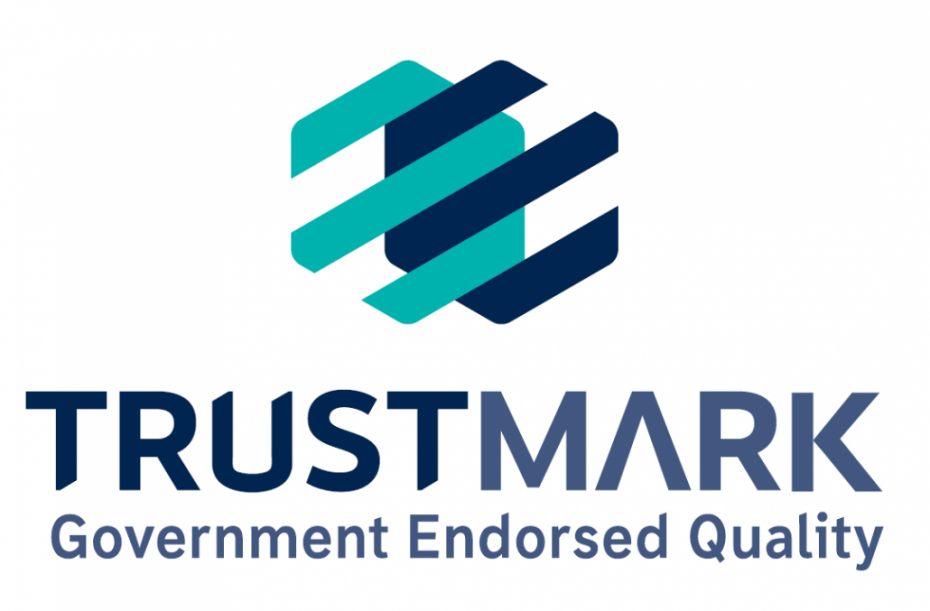The Role of Compliance in Retrofit: Why PAS Standards and the Golden Thread Matter
Successful retrofit programmes rely not only on technical delivery but also on how well residents are supported throughout the process. For councils and contractors, managing expectations and minimising disruption are as important as meeting compliance standards. TF Energy’s experience across large scale housing upgrades highlights the value of a structured, resident focused approach.
Preparation begins before a single tool arrives on site. Residents need clear information about what will happen, when, and how it will affect them. Providing easy to understand guides, holding pre start meetings, and offering direct points of contact reduces anxiety and builds trust. For many households, retrofit works represent a major upheaval, so reassurance and transparency are essential.
One best practice is to agree practical arrangements in advance. This can include setting up zones for tools and materials, identifying safe spaces for storing possessions, and clarifying access requirements. By involving residents in these decisions, contractors avoid misunderstandings and create a sense of partnership rather than intrusion.
Communication must continue throughout the programme. Regular updates, check ins, and feedback opportunities help residents feel listened to and respected. Simple steps, such as explaining daily work schedules or providing notice of noisy activities, go a long way towards maintaining goodwill. TF Energy ensures site teams follow a clear code of conduct so that professionalism is upheld at every stage.
Contractors also need to consider vulnerable residents. Older tenants, families with young children, or those with health conditions may need extra support. This might involve scheduling works around medication times, ensuring heating and hot water are restored quickly, or arranging temporary accommodation if major disruption is unavoidable. Councils benefit from having a partner who anticipates these needs and provides tailored solutions.
Another vital aspect is managing the resident handover once works are complete. Demonstrating new systems, explaining maintenance requirements, and providing written instructions ensure residents can fully benefit from the upgrades. For example, after an air source heat pump installation, clear training on controls helps households save energy and lower bills.
When residents feel informed, respected, and supported, retrofit projects run smoother and with fewer delays. Councils can meet compliance targets while maintaining positive community relationships, and contractors can deliver works without avoidable setbacks. TF Energy’s structured resident engagement process has proven successful across projects in Camden, Newport, and Bristol, offering a model for others to follow.
Retrofit is about more than buildings. It is about people, and preparing residents properly ensures that sustainability targets are achieved while communities remain at the heart of the journey.













